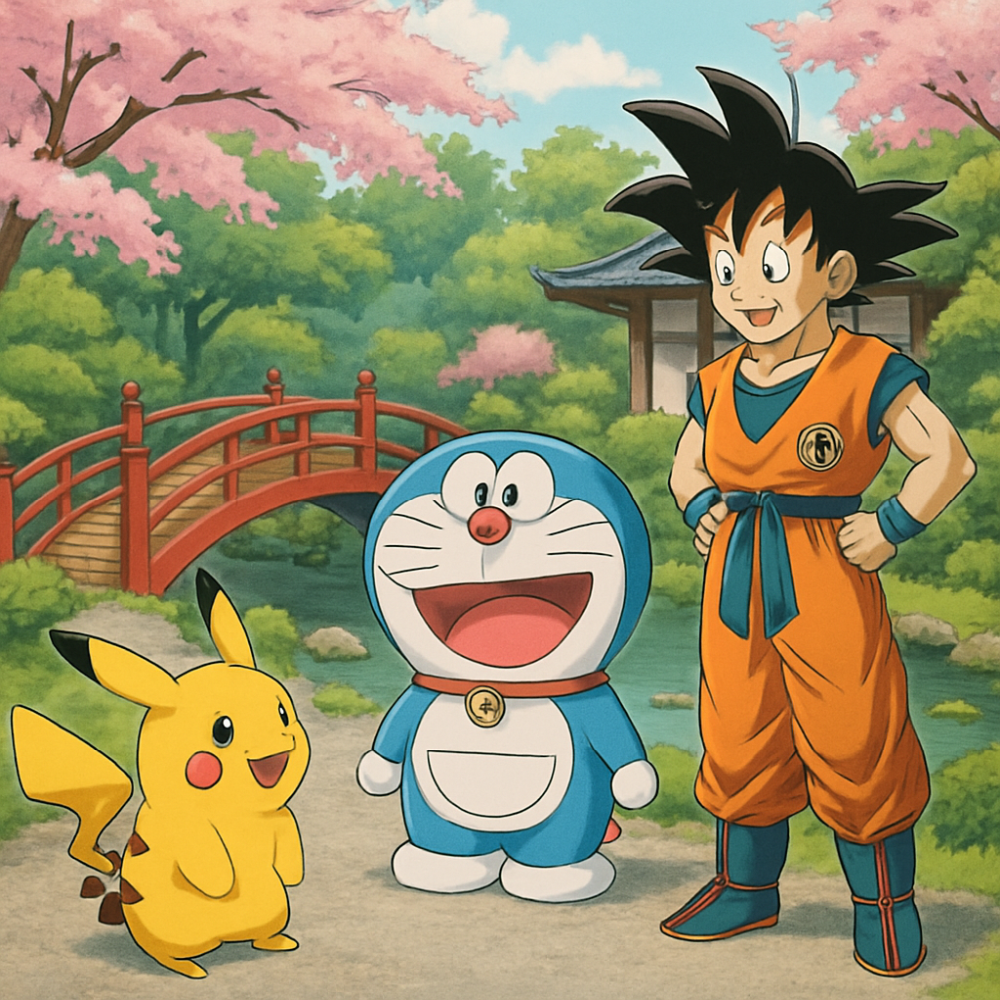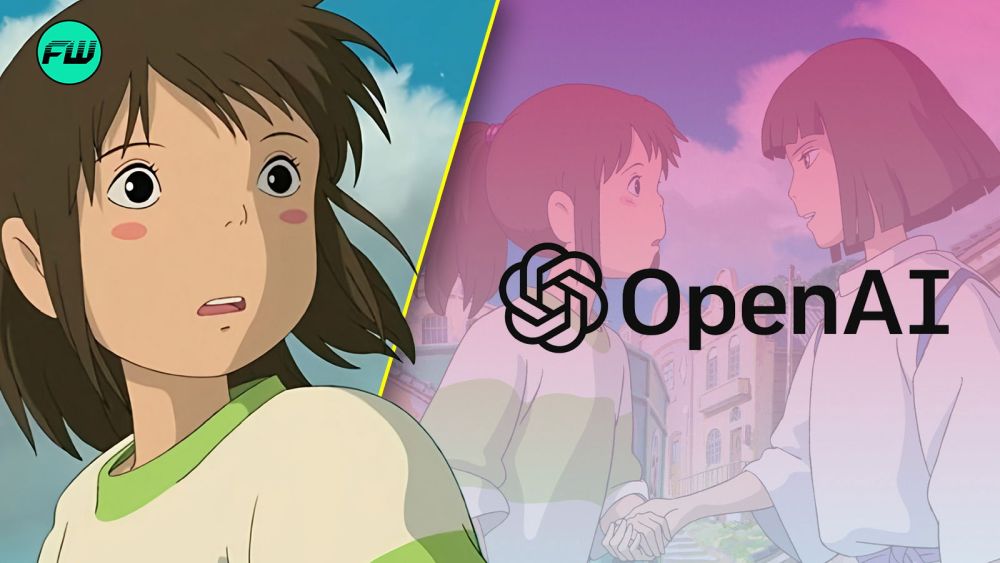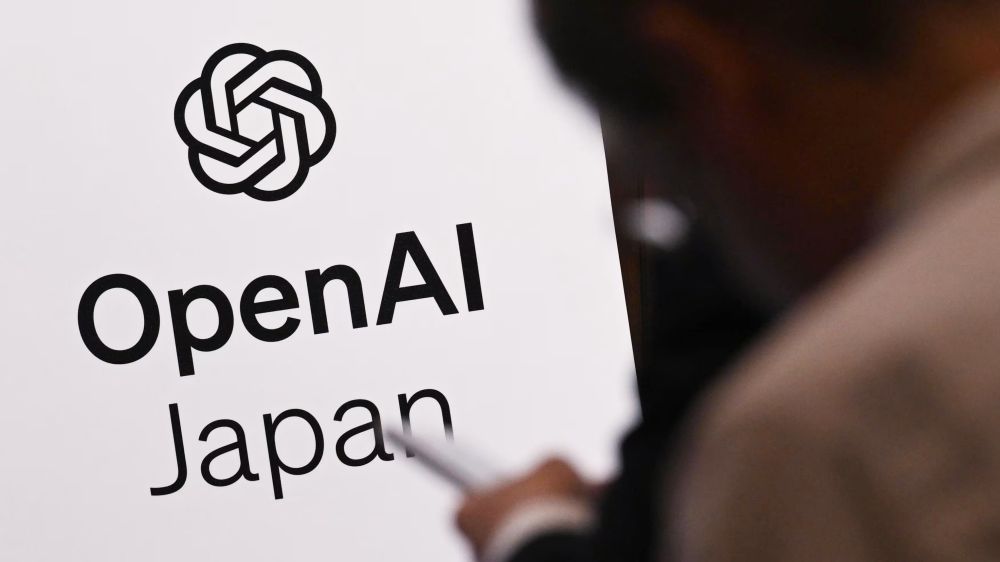Japan has formally asked OpenAI to stop using Japanese manga and anime content in its generative models, particularly the Sora 2 video tool. The government insists that such creative works, considered cultural treasures, must not be reproduced or referenced by AI systems without the explicit consent of their copyright owners.

This move represents Japan’s effort to protect its cultural identity while navigating the rapid evolution of artificial intelligence. Officials are demanding an opt-in model, where artists and studios would need to authorize their work before it could be used for AI training or generation. This would reverse the common opt-out approach used by most global AI companies today.

The Japanese government is also exploring legal pathways to ensure creators can request the deletion of their work from training datasets and receive fair compensation for AI-generated derivatives. Their stance highlights growing global concern about how generative AI models treat copyrighted content and artistic heritage.

Japan’s request could set a precedent for stronger cultural protection laws in the age of AI. By defending anime and manga, Japan is sending a clear message that innovation should not come at the expense of creative rights or national heritage, urging global tech leaders like OpenAI to respect that boundary.

#Japan #OpenAI #Anime #Manga #AIethics #Copyright #Sora2 #ArtificialIntelligence #Culture #Technology
